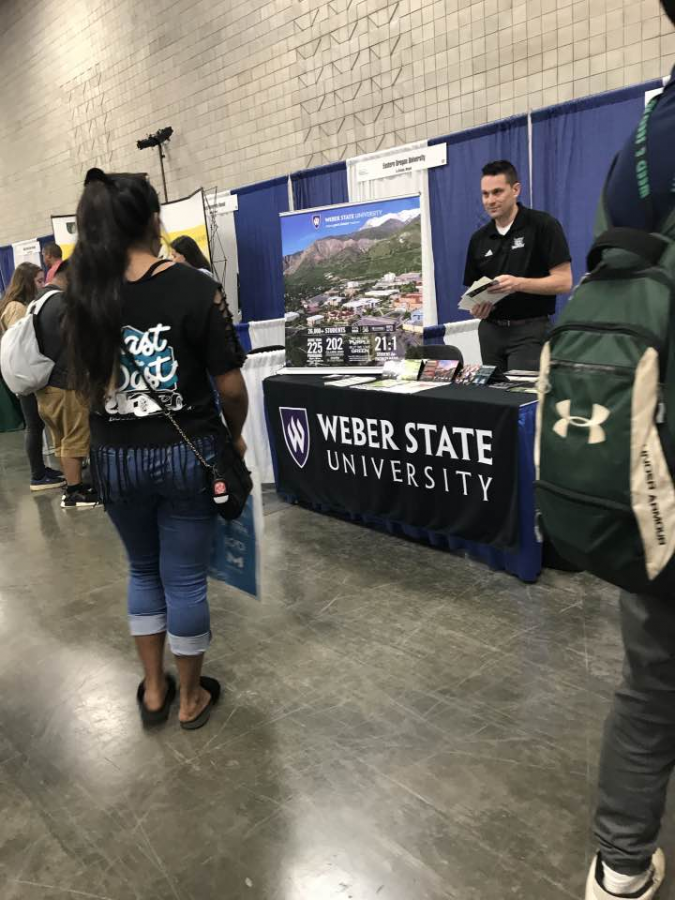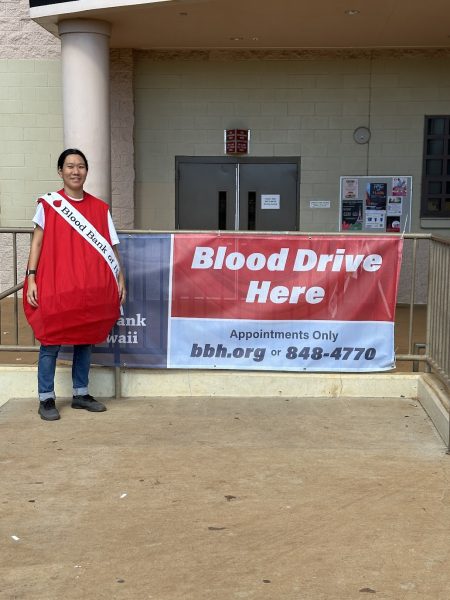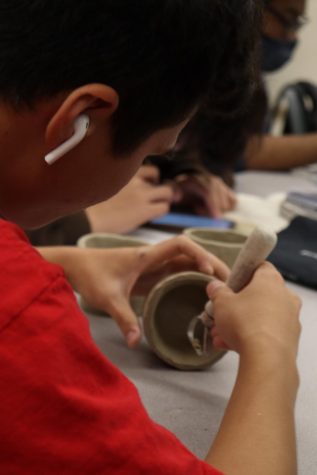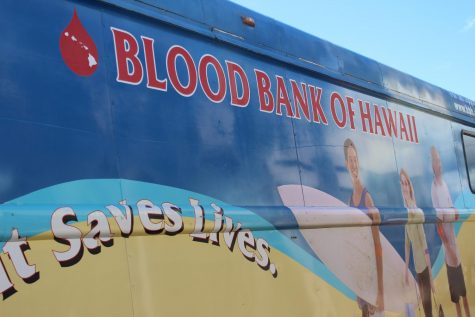Seniors Depart, Juniors Start
℅ 2019 Juniors will have to start considering the options for their future after James Campbell High School.
May 2, 2018
The Class of 2018 is about to graduate and begin a new chapter in their lives. Their departure from school enforces a realization for the next generation: the Junior class will begin planning their futures as adults. For many, attending college or trade school is an important step after graduation. Going into the military or immediately entering the workforce are also options for those who are not interested in going to college.
Deciding what path to choose can be difficult, especially when it comes to picking the right college. The internet makes researching and comparing college statistics easy. Factors like cost of tuition, location, and areas of study are some of the most common aspects to consider for upcoming seniors.
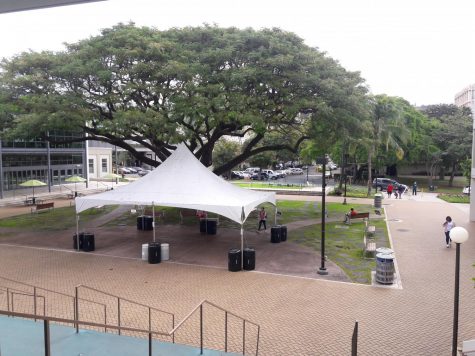
There are many resources available to help students figure out what they want to do after high school. Sometimes online research can only go so far, whereas talking to admission counselors or taking campus tours can establish a campus’ culture. The College and Career Center, on the second floor of Saber Hall, is the home of college counselors Judy Watanabe and Eleyne Fia. In the short amount of time remaining for the class of 2019, time management is of the utmost importance, the College and Career Center staff prepare students for applying to schools and earning scholarships.
Sanoe Samante, a Junior from James Campbell High School (JCHS), has a clear vision of what she wants to do after graduating from; she intends to go to college, seeking a degree in the medical field through a Softball scholarship. She currently has no backup plan if her commitment to annual Softball camps and effort to meet college coaches fails to get her recruited.
For other Juniors, like Trinity Yuen and Nicole Brokschmidt, going to an out-of-state college is their goal after high school. Both have done research about potential colleges and scholarship opportunities. While they agree the cost of tuition is a significant factor in choosing a school, the quality of education they receive is the most important. College fairs can help students talk to representatives from the schools and get questions answered.
Yet, college is not the choice for everyone. JCHS Junior, Erica Higa, plans to serve in the Army or the Marines as an infantry soldier. She didn’t see herself going to college immediately after high school, so the alternative was going into the military. Enlisting has its own eligibility determinations. Higa has been studying for the Armed Services Vocational Aptitude Battery (ASVAB) which determines an individual’s eligibility to join the military and the position (Military).
To avoid the stress of meeting deadlines at the last minute, prepare applications and complete essays ahead of time and have them reviewed by qualified individuals. Make sure to implement relevant feedback, which could make a difference between acceptance and rejection. Take any opportunity that may make reaching post high school goals more attainable.
Military.com. “ASVAB.” Military.com, www.military.com/join-armed-forces/asvab.
